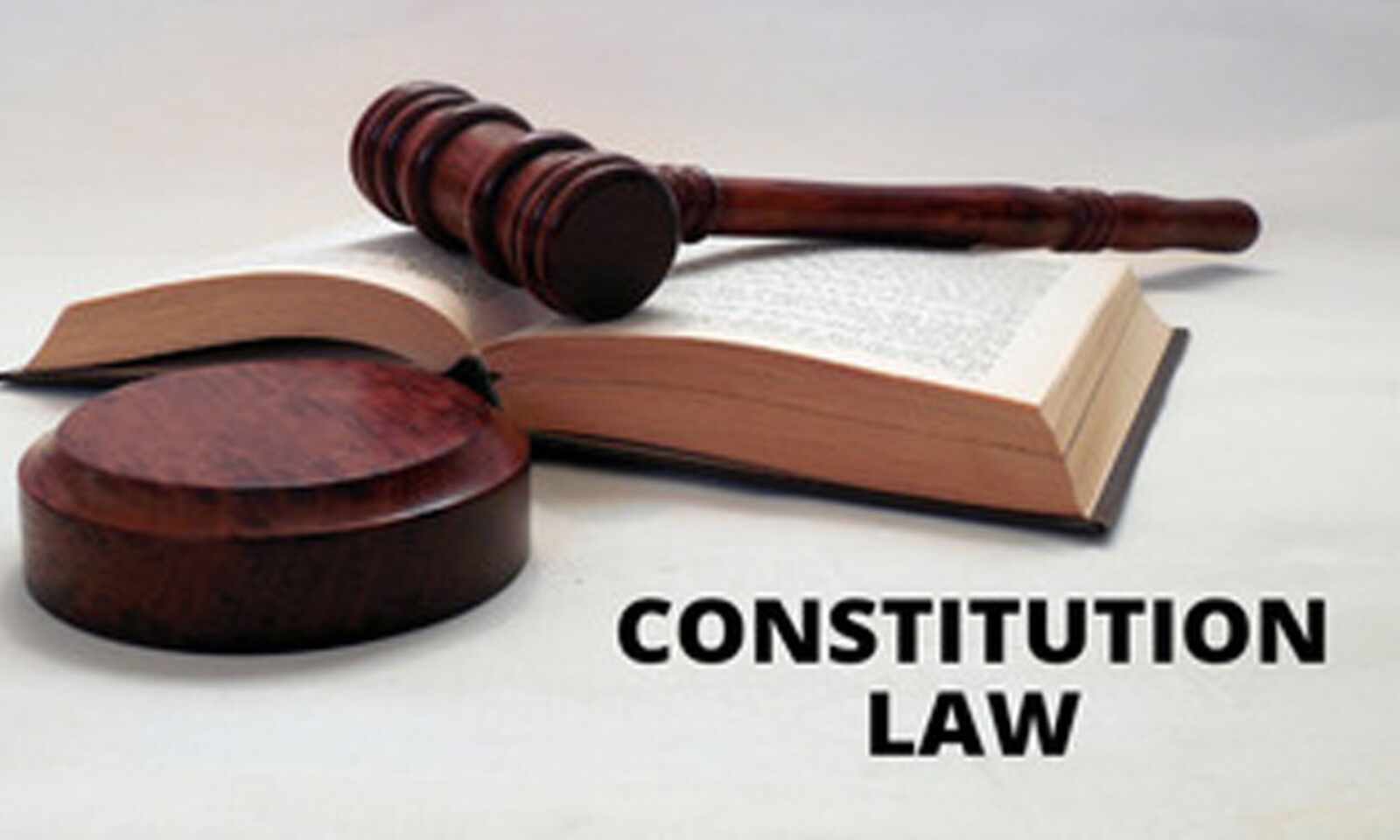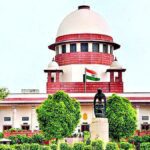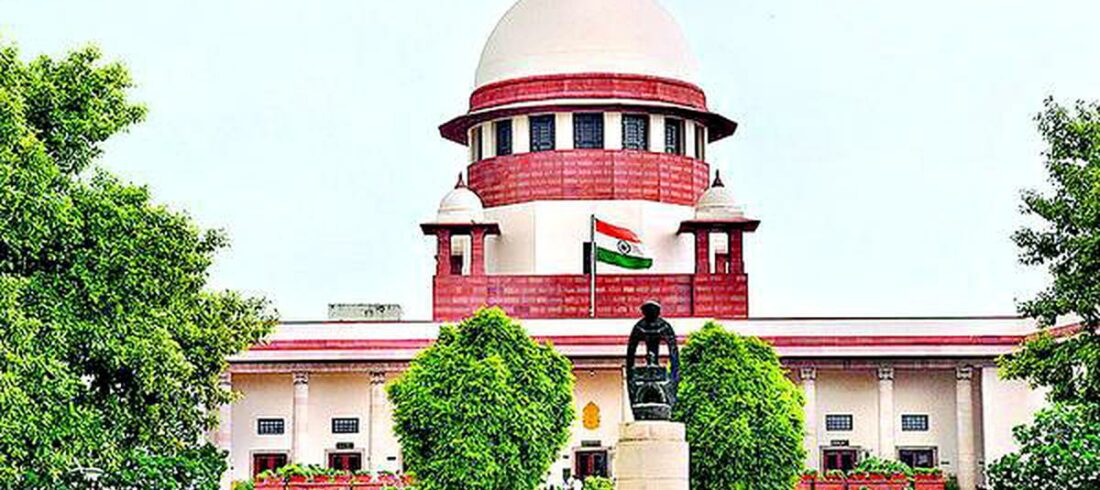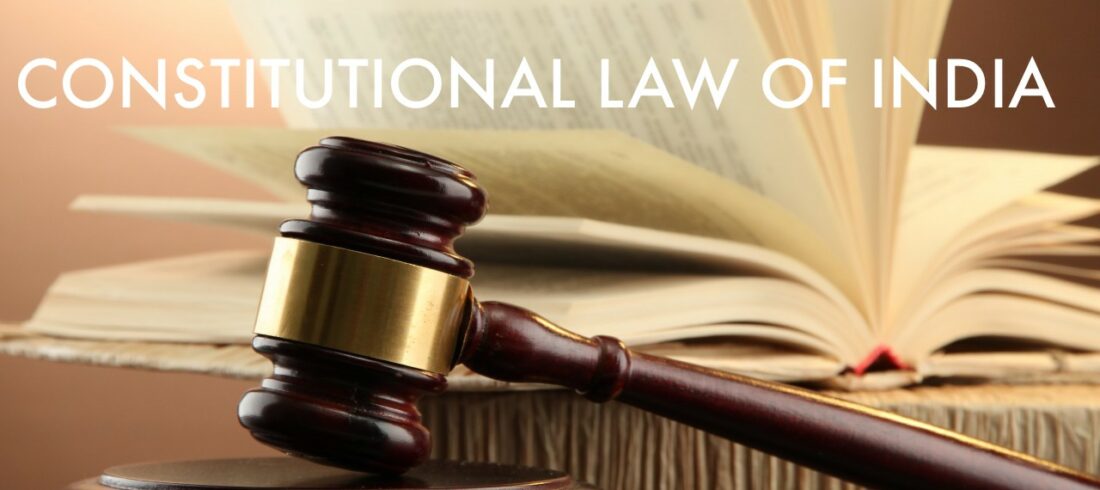The Supreme Court has ruled that the issue of Approver being cross-examined as a witness in the Court of the Magistrate as required by Section 306 (4)(a) of the Code of Criminal Procedure does not arise when the Special Court elects to take cognizance directly under Section 5(2) of the Prevention of Corruption Act.
Every individual receiving a tender of pardon may be questioned as a witness in the court of the magistrate taking cognizance and during the subsequent trial, according to Section 306(4) of the Criminal Procedure Code. In instances covered under Section 307 CrPC, which gives the court assigned to hear the case the authority to award a pardon, the condition of Section 306(4)(a) CrPC is waived. The Apex Court reaffirmed that in cases where the Special Judge expressly declares an offence to be committed, Section 306 of the Code would be bypassed and Section 307 of the Code would take precedence.
Facts
Seven people were accused of crimes punishable by the Indian Penal Code’s Section 120B read with Sections 420, 468, Section 471 read with Section 468, and Section 193, as well as the Prevention of Corruption Act’s Section 13(2) read with Section 13(1)(d). Three additional accused individuals worked for private businesses, while the other four were BHEL, Trichy, personnel.
The prosecution said that the defendants conspired criminally to defraud BHEL of the contract for the building of desalination facilities. According to the conspiracy, the then-Executive Director of BHEL (ED), one of the accused, gave the DGM the order to bypass the process of pre-qualifying potential tenderers before accepting bids by opting for restricted tenders. For the purpose of requesting restricted bids, the ED mandated the names of M/s. Entoma Hydro Systems and four fictitious companies. As a result, the DGM suggested the names of five firms, which contained the names of two corporations and the four fictitious enterprises.
The DGM and two of the accused individuals made up the tender committee, which ultimately decided to recommend Entoma for the contract award despite the fact that the latter business lacked the necessary qualifications. The Committee also suggested that interest-free mobilisation infractions be punished. 4.32 crores of INR in interest-free mobilisation advances were given to the company. The progress was partially transferred to a subsidiary company.
One defendant was acquitted by the Special Court, while four were found guilty; two of the defendants passed away while the case was pending. The condemned individuals appealed four times to the Madras High Court. Ultimately, their appeals were denied. The guilty individuals filed four criminal appeals with the Supreme Court. One of the condemned people passed away while the appeal was pending.
Issue
Whether the approver should be examined twice, once as a court witness before committal and then as a prosecution witness at the time of trial, which is a mandatory requirement under Section 306(4)(a) CrPC?
Analysis
Approver is not specified in either the Indian Evidence Act of 1872 or the Criminal Procedure Code of 1973. According to the Black Law Dictionary which is also recognized by the court, Approver is an accomplice in crime who accuses others of the same offence, and who is admitted as a witness at the discretion of the court to give evidence against his companions in guilt.”
According to Black Law Dictionary, an accomplice is “a person who joins in the commission of a crime with the principal offender knowingly, voluntarily, and with common intent.” one who participates in guilt, is somehow involved with the commission of the crime, or acts as an accessory. That means every approver is an accomplice but it need not be vice-versa.
The court in the case of Suresh Chandra Bahri vs. State of Bihar held that the only difference between an approver’s testimony and that of any other witness is that his testimony is viewed very suspiciously. As a result, if the suspicion that surrounds an accomplice’s testimony is not allayed, his evidence would not be actionable unless it was supported by relevant details. However, if the suspicion is allayed and the approver’s evidence is determined to be reliable and admissible, then that evidence may be used even in the absence of other evidence, and the conviction may be based on such a witness.
In this case, the four people were the subjects of the FIR. DGM, one of them, had become an approver. He made a confession under Section 164 of the CrPC before the magistrate, and the prosecution used that confession as the foundation for its plea under Section 306 of the CrPC to the Chief Judicial Magistrate for the granting of a pardon. The confession statement was read to him at the hearing date after which the Approver was questioned about whether the confession was voluntary. The Approver was pardoned by the Additional Chief Judicial Magistrate when he replied in the affirmative, and from that point forward, he was regarded as a prosecution witness in front of the Special Court.
With respect to the above-mentioned issue, the Court looked at Sections 306, 307 of the CrPC and Section 5 of the Prevention of Corruption Act. It was pointed out that Section 306(1) breaks down a criminal case into three phases: an investigation, an inquiry, and a trial for the crime. At any of these three phases, a Chief Judicial Magistrate or Metropolitan Magistrate has the authority to pardon the offender. The Magistrate of the First Class can, however, grant a pardon after either an investigation or an offence trial. It was pointed out that under Section 306(4), any individual accepting a tender of pardon must be questioned as a witness both in the court of the magistrate taking cognizance and in the subsequent trial. In addition, unless they are already out on bond, it mandates that the individual receiving a tender of pardon remain in jail until the conclusion of the trial.
The Court to which the case is committed for trial has the authority to provide a pardon under Section 307 CrPC. After the matter has been committed but before a judgement has been rendered, the power must be used at any moment.
The Special Judge may take cognizance of an offence under Section 5 of the Prevention of Corruption Act without having the accused person brought before them for trial. The Court stated that in addition to trying the accused, it must adhere to the rules set forth by the CrPC for magistrate trials in warrant matters. It further noted that the clause makes no mention of the point at which the Special Judge can award a pardon.
In State through CBI v. V. Arul Kumar, the Apex Court remarked that it had acknowledged that Section 306 CrPC would be bypassed in situations where the Special Judge took cognizance immediately under Section 5(1) of the Prevention of Corruption Act. In order for the accused to cross-examine the approver during the trial, it was said that the purpose of the two-round examination of the approver was to make sure that he was aware of the evidence against him even at the preliminary stage.
Judgment
The Metropolitan Magistrate’s confession statement was attached to the charge sheet in the current case, the approver was questioned and cross-examined, and the Metropolitan Magistrate and the Additional Chief Judicial Magistrate were questioned as prosecution witnesses. The court noted that these conditions were met in this case. As a result, the Court came to the conclusion that CrPC Section 306(4) was not violated.








